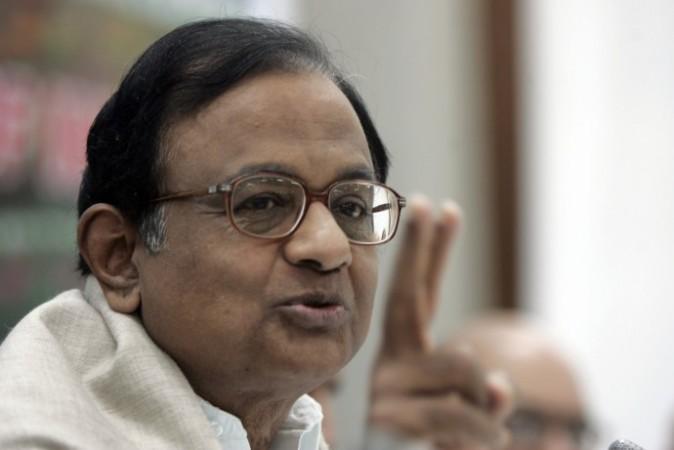
The Supreme Court on Friday rejected petitioners' plea for a probe into his alleged role in the 2G spectrum scam, saying there was no sufficient evidence to prove that the minster misused his office to grant undue favours to then-telecom minister A Raja.
In its ruling, the apex court held that there were no grounds for Janata Party president Subramanian Swamy's petition seeking to make Chidambaram a co-accused for allegedly hatching a plan with Raja in issuing second generation or 2G network licenses well below the market rate.
"Poor management in allocation of spectrum cannot be said to be the product of criminal conspiracy," said the bench headed by Justice GS Singhvi and Justice KS Radhakrishnan.
Subramanian Swamy appeared to be unfazed by the top court's order on his plea and said that he would file a review petition on the matter.
"The judgement is not based on my fair arguments," the Janta Party chief said after his plea was rejected.
Swamy moved the apex court after his plea was dismissed by a Delhi court earlier this year for instituting a CBI probe against Chidambaram, while naming him as a co-accused in the telecom scam. The Janata Party boss then moved the Supreme Court.
It may be recalled that Swamy was the main petitioner in the 2G telecom scam case. His unrelenting perseverance had the accused ex-Telecom minister A Raja behind bars for over a year.
Another plea against Chidambaram was filed by Supreme Court lawyer and activist Prashant Bhushan on behalf of Public Interest Litigation (PIL), which was also quashed by the apex bench.
The petitioners alleged that Chidambaram, who was also heading the Finance Ministry in 2008, allowed the irregularities in allocation of 2G airwaves to 122 ineligible companies under his observation. The petitioners held Chidambaram accountable for dereliction of duty.
The 2G spectrum scam is one of the biggest controversies involving major government heads of independent India. The Comptroller Auditor Genial of India (CAG) pegged a loss of ₹1760 billion for the country. The fallout of the telecom scam had a massive impact on the ruling Congress, while raising questions on the integrity of UPA-II's political image.

















